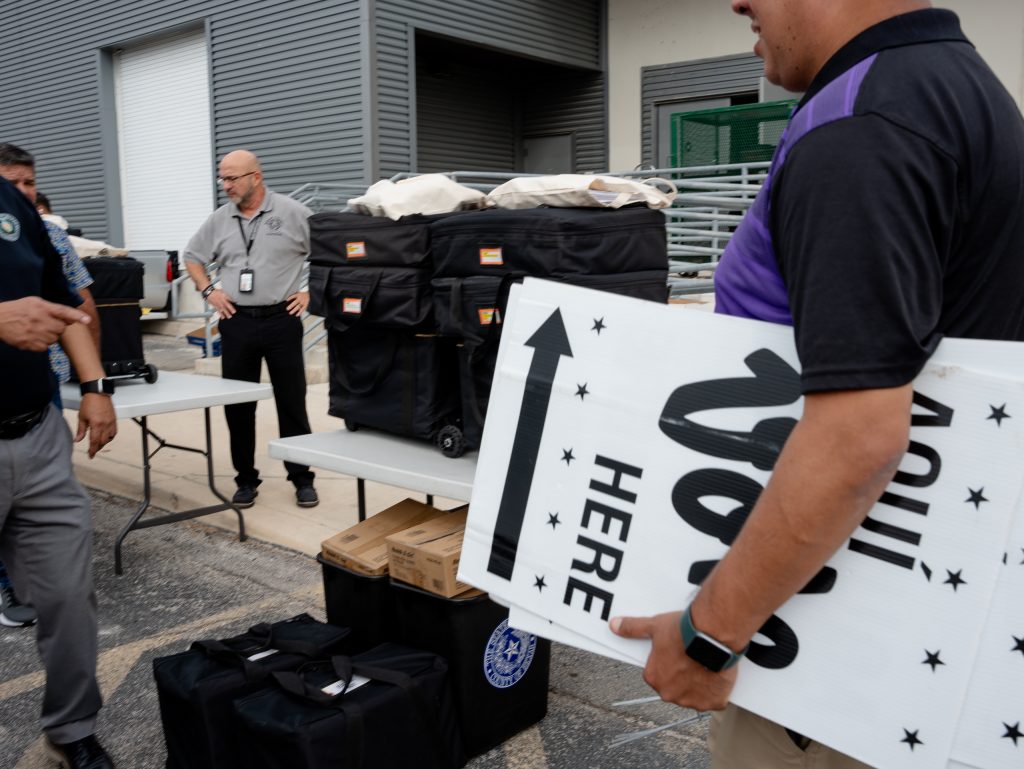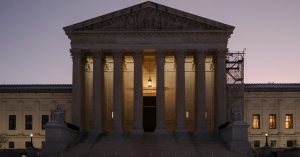You’re not imagining it, the field of candidates running in San Antonio’s city elections is really, really crowded.
When filing for the May 3 ballot closed this month, a whopping 60 candidates had signed up to run in 10 City Council races — plus another 27 mayoral candidates.
As in previous years, local political operatives say these races will wind up coming down to a handful of contenders who raise enough money to reach voters with their messages and wage serious campaigns.
Others won’t even make a website or participate in debates, at best peeling off a small number of votes.
San Antonio has charged the same $100 filing fee since 1974, while other Texas cities are raising the bar to weed out less serious candidates from making onto the ballot in the first place.
Last year San Antonio briefly explored the idea of raising its filing fee — part of a broader language modernization update to the City Charter — at the request of a Charter Review Commission member who said San Antonio’s abundance of unserious candidates causes confusion for voters.
A long list of candidates also makes it more likely that races go to a runoff, since Texas requires candidates to win with at least 50% of the vote.
If San Antonio’s $100 fee from 1974 had risen with inflation, it would be $622 today, the city clerk said during the charter review process.
But the idea was shut down on the basis that increasing costs could have a “negative impact” on candidates, according to minutes from the commission’s March 4 meeting.
Easy to make San Antonio’s ballot
Though many aspects of the candidate qualification process are set by the state election code, home-rule cities, or cities like San Antonio that have their own charters, can set some of their own standards as well.
Dallas, for example, only allows candidates to qualify for the ballot by collecting petition signatures. It also mandates that candidates be up-to-date on their city property taxes.
As Dallas approaches its own 2025 municipal election, its ballot features 46 candidates vying for 14 City Council seats. That’s half as many candidates per seat, compared to how many will be on San Antonio’s ballot.
Other cities have opted for higher filing fees: El Paso charges mayoral candidates $500 to file, and $250 for other offices. Houston charges $1,250 for mayoral candidates and $500 for other offices.
If a candidate can’t afford or doesn’t want to pay the filing fee, Texas law requires they be allowed to submit petitions to get on the ballot instead.
The number of signatures required to avoid a filing fee is based on a council district’s voter turnout in the previous election. In San Antonio, that number ranged from only 30 signatures in District 5 this year, to 118 in District 9. For the mayor’s race, 685 signatures were required.
As for the order of candidates, Bexar County Elections will hold a random drawing for the order of the ballot on Feb 28.








